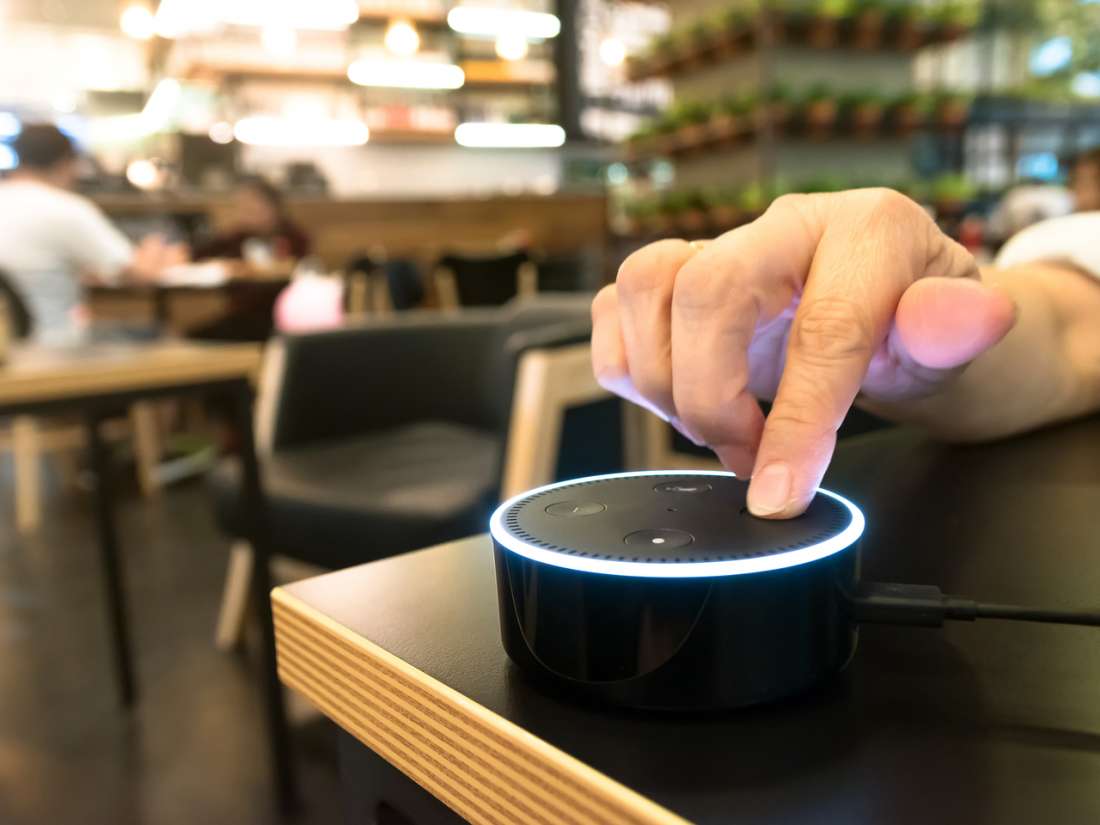When an Amazon Echo “secretly” recorded a woman’s private conversation and emailed it to one of her friends, the issue of smart speakers and security was finally brought to the public’s attention. Although harmless enough, the woman had not knowingly instructed her speaker to record her conversation, let alone email it to anyone.
After investigating the issue, Amazon’s engineers revealed that this was not a hacking, but a weird combination of events and keywords that the speaker had interpreted as an instruction. In effect, the always-on Alexa smart assistant built into the speaker had “heard” registered four different commands that had been spoken during a general conversation in the same room.
Amazon was keen to point out that the exact sequence of events was very rare – but that similar situations could easily occur again in the future.
So how can you protect yourself against a similar situation with your own Amazon Echo speaker?
Avoiding a similar incident with your own Amazon Echo speaker
The way that Alexa works is by constantly recording and monitoring nearby conversations, waiting for the trigger words that tell it to expect an instruction – usually just saying “Alexa”. This means that the only way to ensure your private conversations and personal data are not collected is to get rid of the speaker entirely.
If this is not an option, there are ways to use your Amazon Echo more safely.
1. Don’t share your address book
When you first set-up Alexa, you will be invited to share the address book from your mobile phone. You can then dictate messages and emails to your friends using Alexa.
If you don’t share your address book, Alexa cannot “accidentally” send private recordings to your contacts. If you have already shared your address book, you will need to contact Amazon directly to have that data deleted.
2. Turn the volume up
When Alexa detects its “wake” word, it will usually tell you what it is doing. Ask Alexa to play a particular song for instance, and it will announce “Now playing…”. If you set the volume too low, you will not hear these clues that tell you what the speaker is doing. Make sure you keep the sound at a level where you can hear these prompts.
3. Mute when not in use
The only way to stop Alexa eavesdropping is to mute the speaker using the button on the side – this will turn the built-in microphones off and the light ring on the top of the unit will turn red. Annoyingly, you will have to remember to unmute your Echo next time you want to issue a command.
4. Change your wake word
The Echo is continuously listening for its wake word – “Alexa” by default. If your find the speaker is being triggered by accident, consider changing the wake word. Choose something that cannot be easily mistaken, like “Amazon”, “Echo” or “Puffinstuff”.
5. Choose your words carefully
Amazon Echo is very similar to a surveillance device, collecting potentially sensitive personal data whether you want it to or not. It may be that you need to be very careful what you say when near your speaker – or other smart devices – if you don’t want your secrets collected by third parties.
Unfortunately, until technology companies start taking privacy and personal data collection more seriously, there is a very real risk that we will see many more of these incidents in the future.
